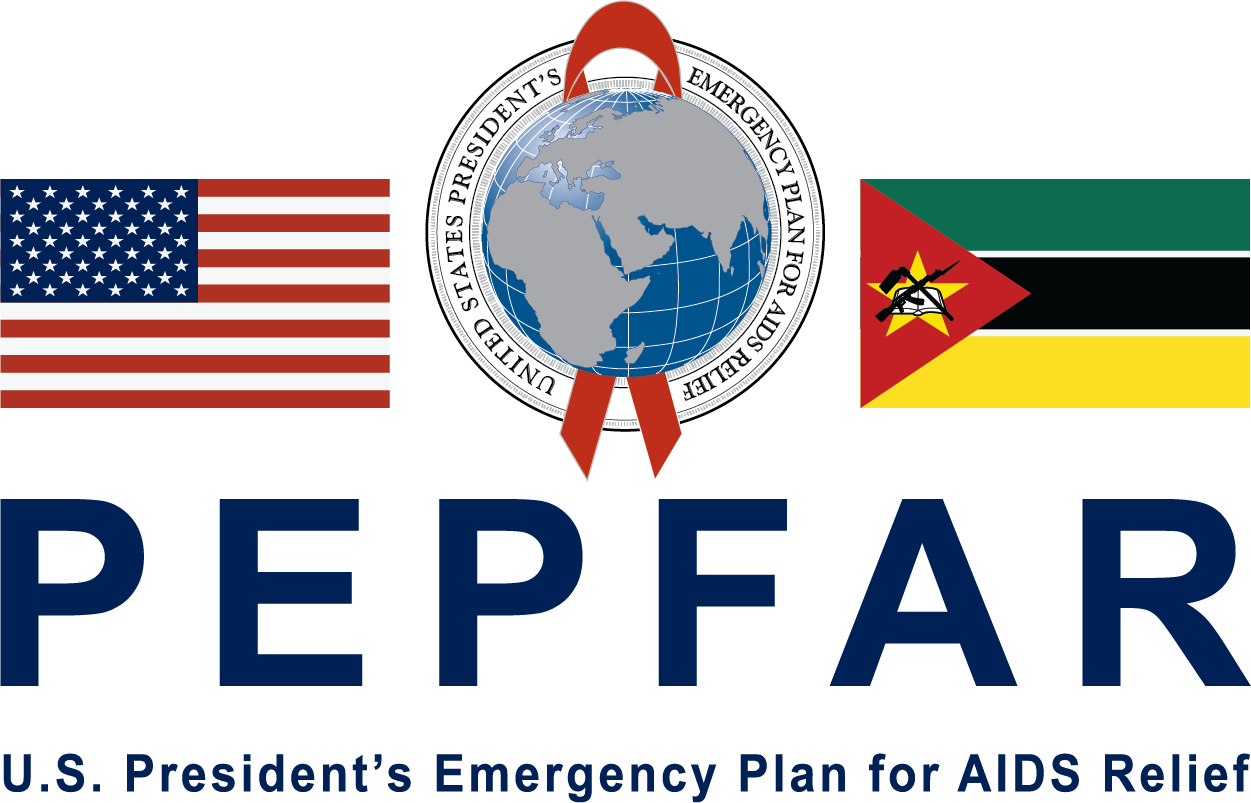With 2,097,000 people estimated to be living with HIV (INSIDA 2021), Mozambique is a key country in the global fight to control the HIV epidemic. With support from the U.S. President’s Emergency Plan for AIDS Relief (PEPFAR), Mozambique has made significant progress towards the UNAIDS 95-95-95 targets. Reported global coverage rates, however, mask notable gaps in specific populations that drive the HIV epidemic, namely, adolescents/young adults, men, and key populations. These groups present the most important challenges to the response to HIV. Intimate partner violence, low patient literacy, stigma, and discrimination against people living with HIV (PLWH) fuel the epidemic, while weak infrastructure and scarce Human Resources for Health (HRH) impede control efforts.
Located in the central region of Mozambique, Zambézia Province has the largest number of PLWH in the country. PEPFAR-Mozambique has classified Zambézia as a priority province and has allocated resources to scale up and expand access and utilization of HIV prevention, care, and treatment services.
Avante, meaning “moving forward” in Portuguese, assists the Government of Mozambique (GoM) to accelerate the pace towards epidemic control in Zambézia Province, through the delivery of high-quality, evidence-based HIV and tuberculosis (TB) services. Avante employs sustainable models of community and facility-based services covering the full continuum of response.
The Avante program assists the GoM in Zambézia Province to identify and operationalize strategies in the areas of HRH, HIV Prevention, HIV and TB Care and Treatment (C&T), Laboratory, Data systems, and site-level Quality Improvement. The Avante program has made significant strides over the years with notable improvements in key programmatic areas including the following:
- Significant improvements in retention in HIV care rates via the rapid implementation of novel and effective differentiated service delivery (DSD) care models including multi-month drug dispensation (3- and 6-monthly dispensation), community ART distribution, extended clinical hours, family-based care, etc.
- Prevention of mother-to-child HIV transmission (with increased early infant diagnosis (EID) coverage rates and reductions in vertical transmission).
- ART coverage rates (including the rapid transition to optimized ART regimens, specifically, Tenofovir, Lamivudine, plus Dolutegravir (commonly referred to as “TLD”).
- HIV Prevention, including the design and implementation of tailored HIV testing services approaches to identify new HIV-positive individuals while also expanding the provision of pre-exposure prophylaxis (PrEP) to at-risk HIV-negative individuals.
- Marked improvements in viral load coverage and suppression rates.
Factors contributing to success include real-time data driven decision making, clinical mentoring, health communications messaging (i.e., tailored education, awareness, and demand creation initiatives), and a cross-cutting intensive quality improvement (IQI) approach. As of January 31st, 2024, FGH supports 147 Health Facilities (HF) in Zambézia Province, serving over 372,000 patients on potentially life-saving ART.
The Avante program is implemented in Zambézia Province in partnership with the provincial health authorities through a provincial team based in provincial capital Quelimane, district-based multidisciplinary teams and HF-based managers. Provincial and district-based teams are comprised of specialists in Health Communications, HIV Counseling and Testing, HIV C&T, Psychosocial Support, Maternal and Child Health, Tuberculosis, Laboratory, Pharmacy, and Strategic Information (SI). At the health facility level, Avante supports an extensive team of clinicians, nurses, pharmacy, and laboratory technicians, lay staff and volunteers, who provide direct services to patients in supported facilities and surrounding communities. FGH and all other PEPFAR clinical implementing teams are supported by the FGH Health Information Systems (HIS) team, which ensures that the appropriate systems are in place to monitor and improve the quality of services.

